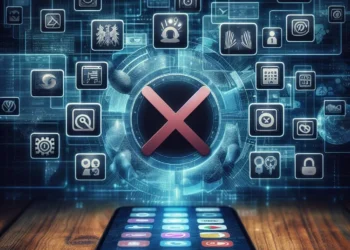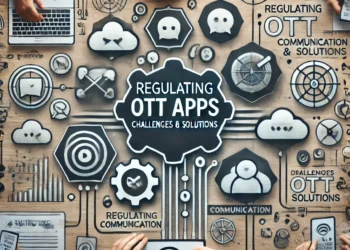For the last few months, the GOI (Government of India) has been debating the new telecom bill. The bill has many important provisions, and the one that has caused maximum concern is the GOI’s intent to bring the OTT communication apps under some kind of licensing framework. This has led to huge public debate — leading to the apprehension, that doing so will increase the costs of companies running such applications, and will lead to more serious problems. The purpose of this note is to drill down in-depth on what benefits (if any) can get realized from such an action, and what are its pitfalls. But before we analyze these in detail, let’s start from the basics.
Can GoI License OTT apps?
The simple answer to this question is yes. Within India, the Central Government has the exclusive privilege of establishing, maintaining, and working telegraphs. The GoI also has the power to grant a license on such conditions and in consideration of such payments as it thinks fit, to any person to establish, maintain or work a telegraph within any part of India (Indian Telegraph Act 1885). Please notice the word “work”. This means that the GoI’s exclusive privilege also extends to using the telegraph system (telecom network) and sending messages across them.






